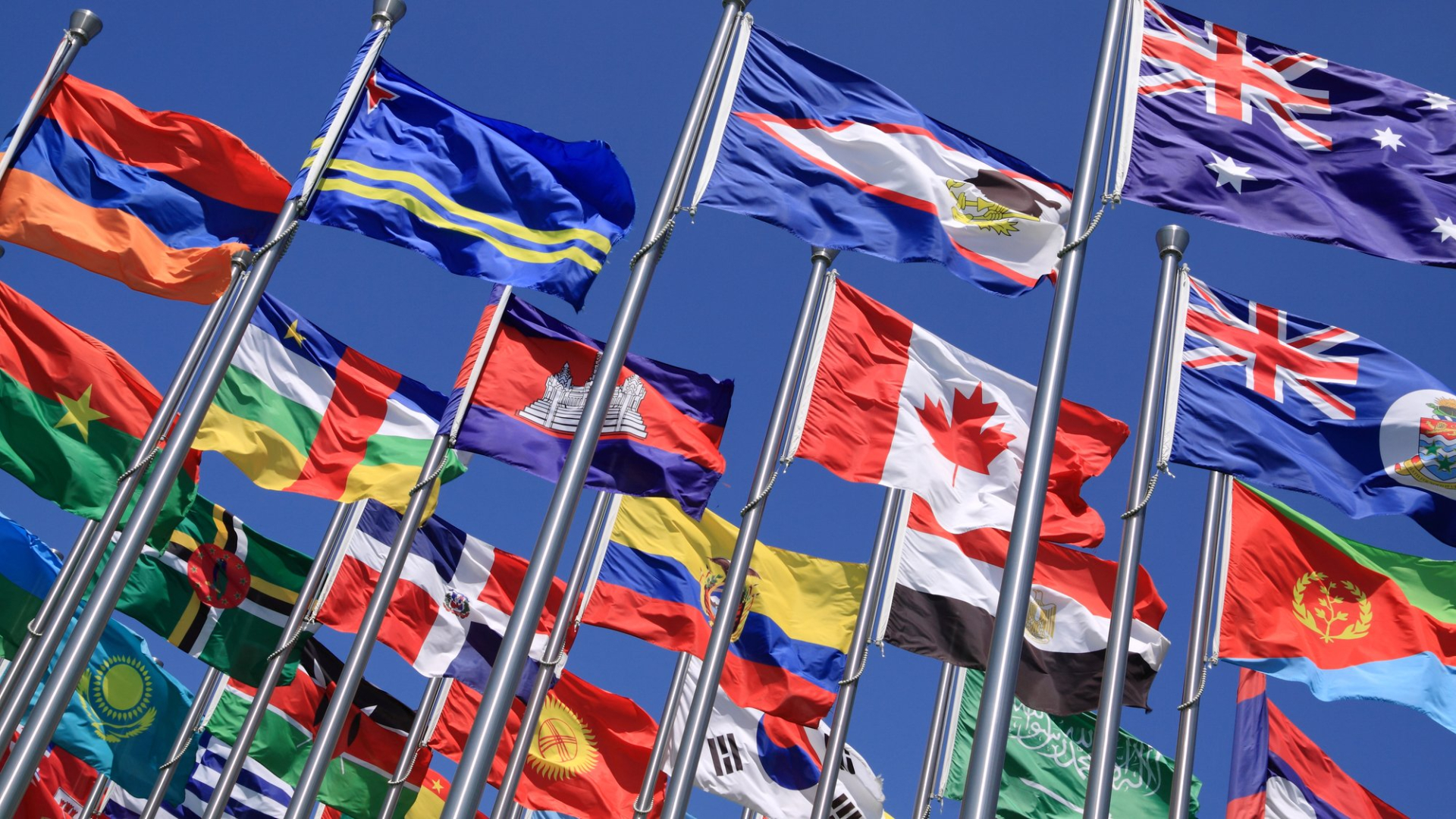UN Stories, U.S. Voices: Leila Poullada
It’s 1949, and Leila Poullada, a dedicated college student from Minnesota, decided she would go to Southern Asia to study the Kashmiri Conflict between India and Pakistan. There she would find some of the United Nations’ first peacekeepers, watch peacemaking in action, and advocate for peacebuilding in the region for years to come. She believed in the work of the UN, and knew that she could make a difference in this world for women. Leila would soon meet her husband, the late Leon B. Poullada who, through his equally impressive and accomplished career, was the first Hispanic career Foreign Service Officer to be named a U.S. Ambassador, worked for the Kennedy Administration, and was a lawyer during the war crimes trials after World War II. Leila co-authored the book The Kingdom of Afghanistan and the United States 1828-1973 with Leon, and has been published in the Foreign Service Journal among other recognitions. The UNA Minnesota Chapter member credits her desire to go into foreign affairs to growing up in the Twin Cities, where a UNA-USA presence had existed since the conception of the UN itself, and growing up in an internationally-focused family.
During the spring of 1950, Leila spent her time at the UN stationed in Baramulla, Kashmir handing out humanitarian relief items such as blankets, food, and water alongside the UN Peacekeepers. It was there she developed a full understanding of the gravity of conflict and how crucial it was to maintain UN presence in the area. She reminisces on a fond memory of returning to Pakistan two years later and staying with soldiers of the Pakastani Army, calling them incredibly warm and welcoming. She was invited alongside them to attend an outdoor picnic at the Pakistani-Kashmiri border with UN Peacekeepers, retelling that it was one of the most marvelous experiences of her life. It came at a time when the U.S. government was evaluating the UN’s effectiveness of peacebuilding in vulnerable areas. Leila and Leon watched carefully, reporting back to the U.S. government how crucial these operations were.
Leila understood the need for the UN to empower women, enabling them to have equal rights, equity in education, and financial independence. Leila worked alongside the creation of microloans for women across the globe, assisting in the development of women’s health centers in Afghanistan, and meeting with Dutch midwives who traveled across Southwest Asia to reduce maternal mortality rates.
Leila transitioned into a grassroots advocacy role, where she attended a UNA-USA conference in the early 1990s in New York City dedicated to discussing how to raise awareness of the UN’s work in the United States. Surrounded by diplomats, they discussed a range of topics from technology to fundraising and how to involve young people in international affairs. Leila is adamant that
“UNA-USA, nationally, puts great emphasis on high school juniors and seniors giving them a chance to actually meet international people…I believe it is absolutely crucial that these students get the understanding of being a part of this international problem so that when they are older and have the time and skills they will help to make us a more internationally-oriented country.”
As we enter into the international women’s month we should reflect upon the women who have paved the way for equal opportunity, at home and abroad. Women like Leila, who focused on intersectionality and equality that transcends global borders, religion, and socioeconomic barriers. Leila serves as an example of how important it is to understand our power as advocates at all ages, and our agency to make a difference in both our communities and around the world.
__________________________________________________________________________________________
In a series called “UN Stories, U.S. Voices,” we will be finding opportunities throughout the year to highlight some of the amazing histories and connections UNA-USA members have to the UN to celebrate its 75th anniversary.




